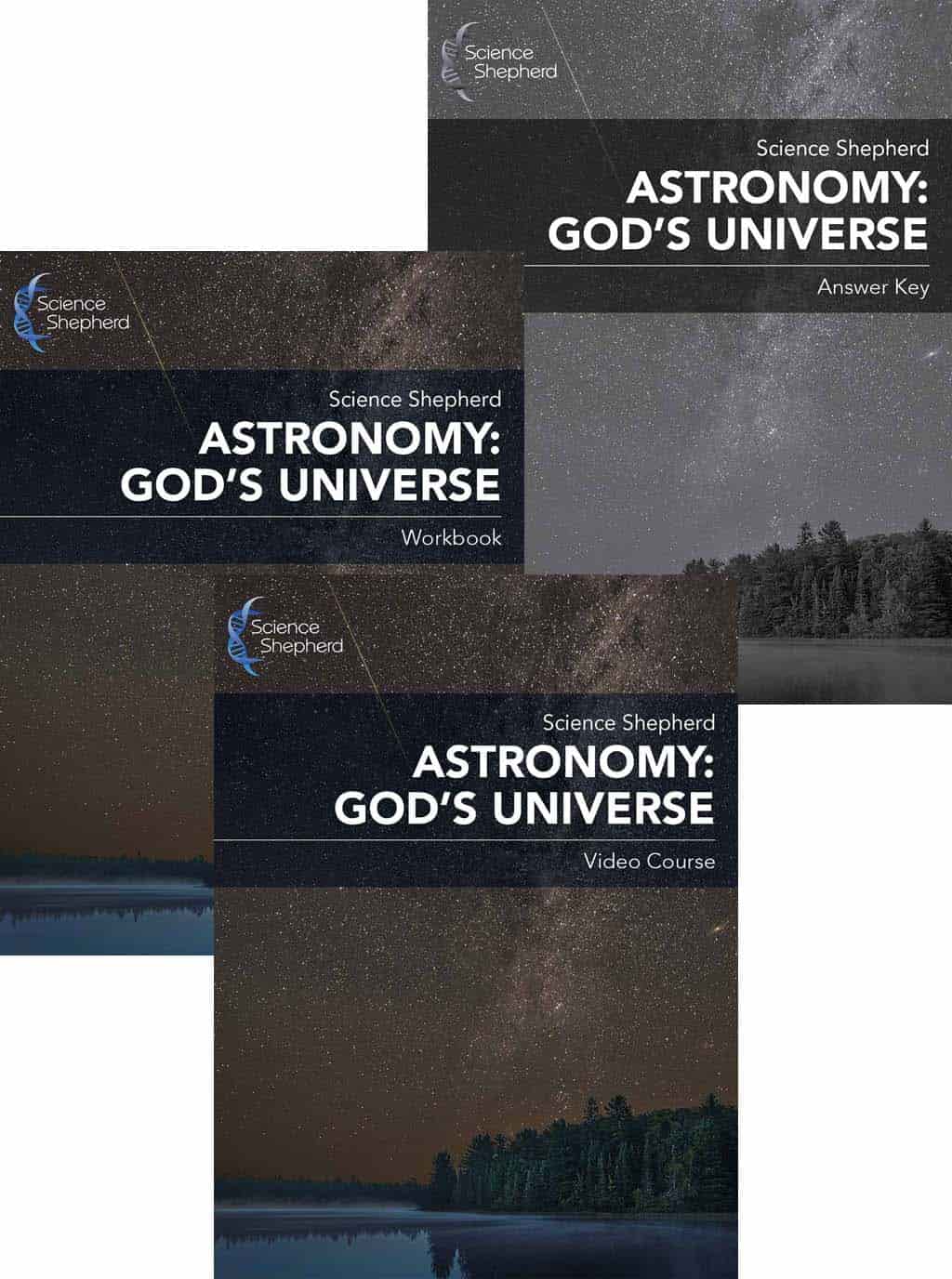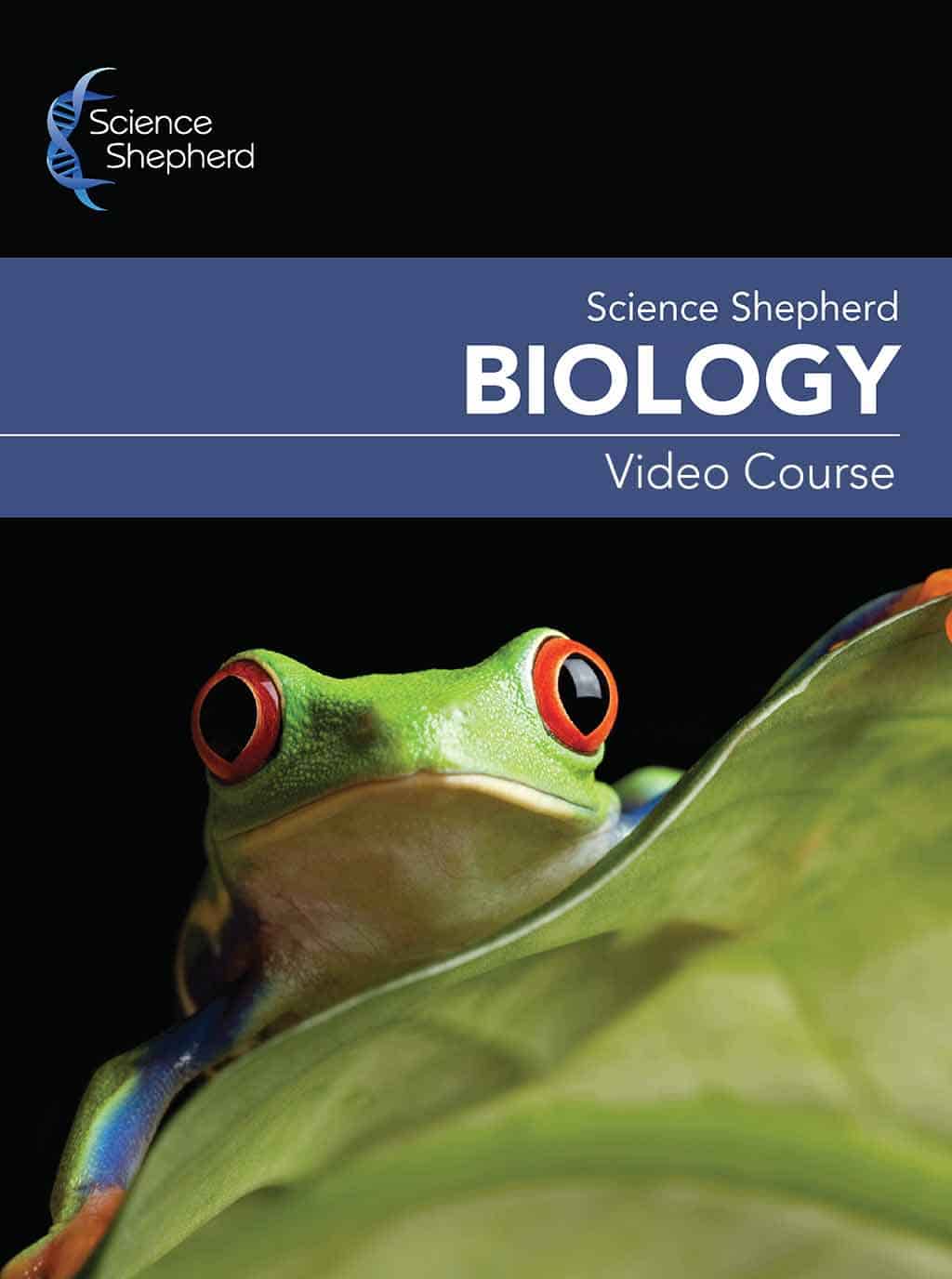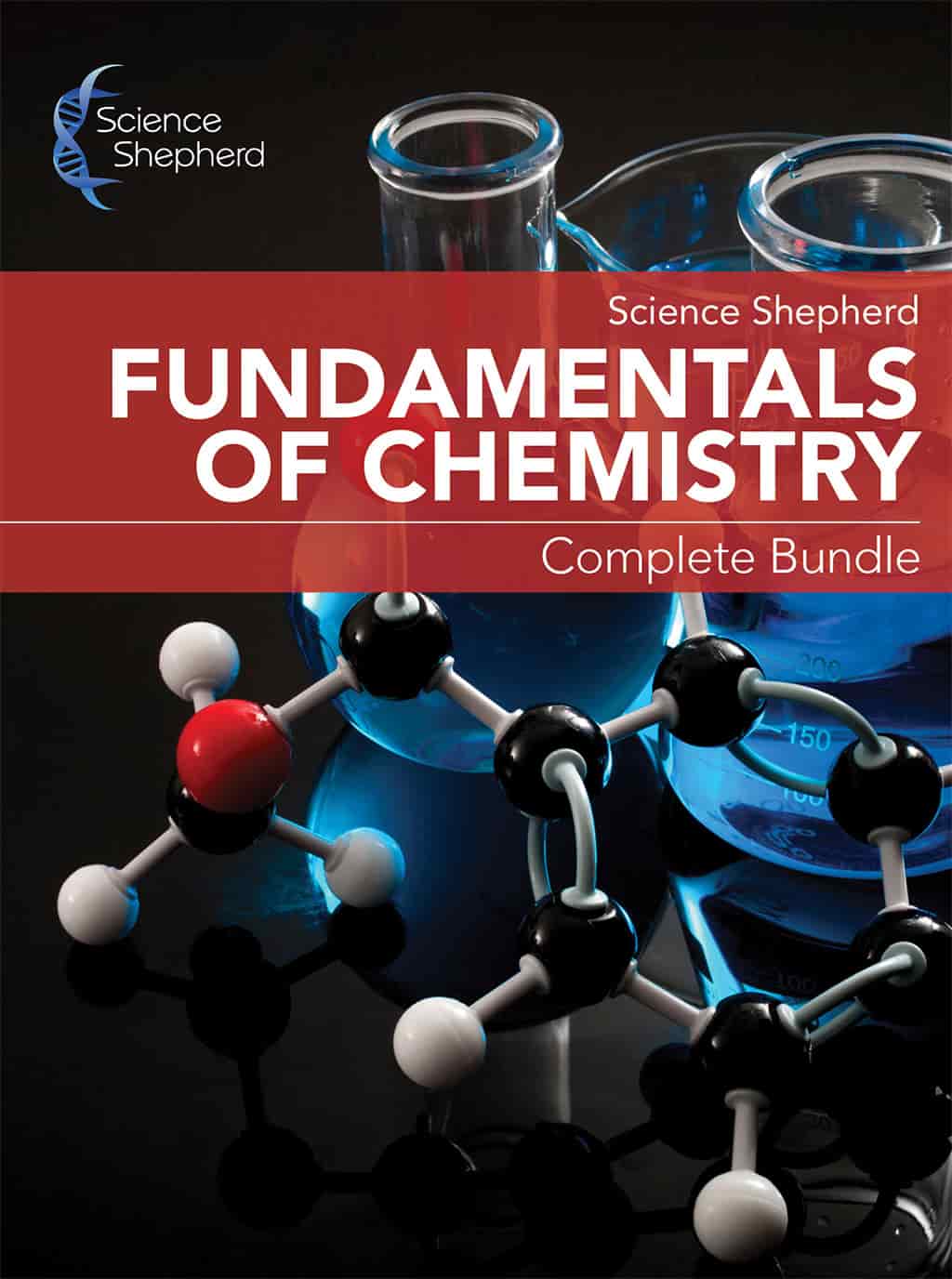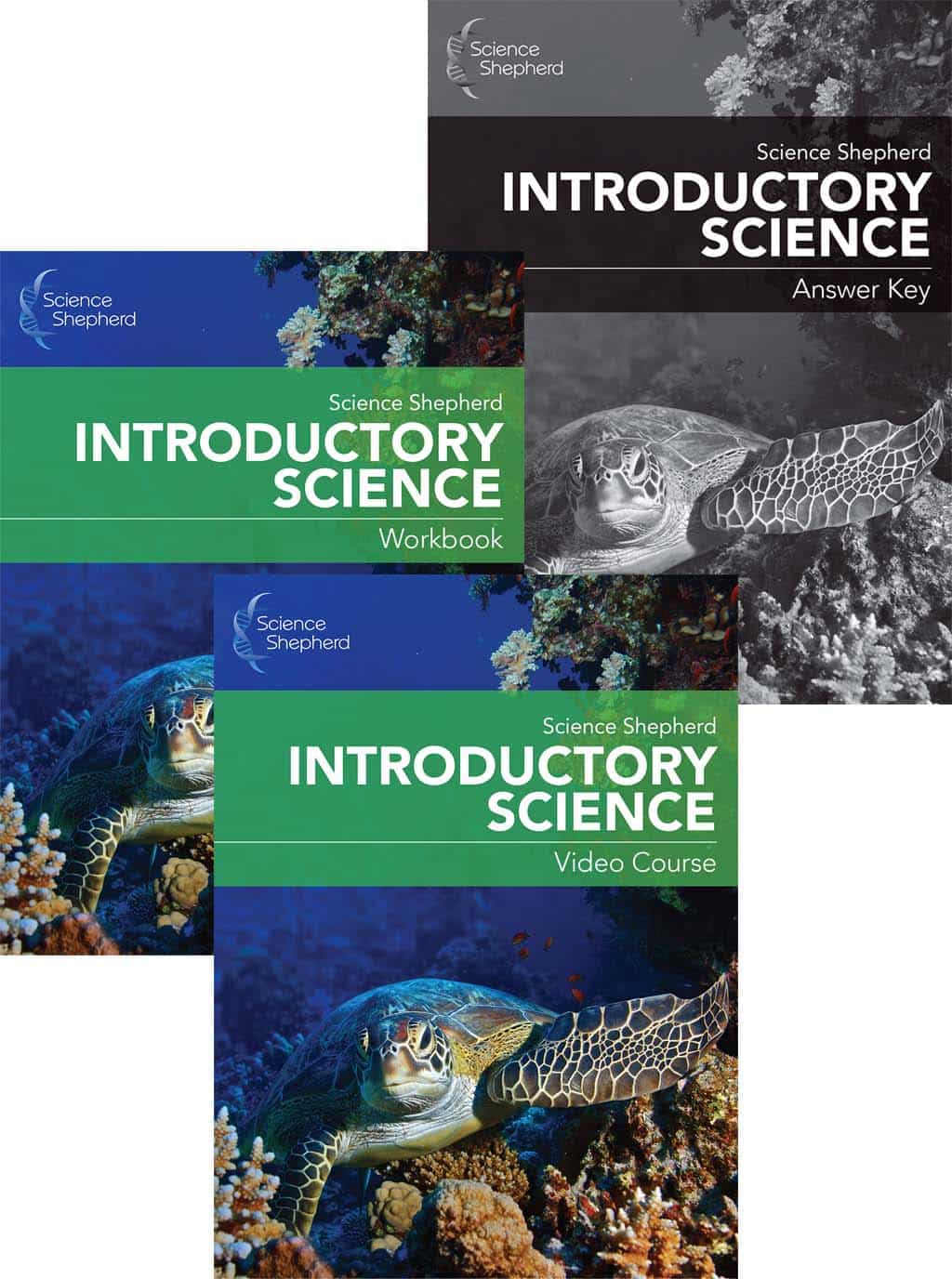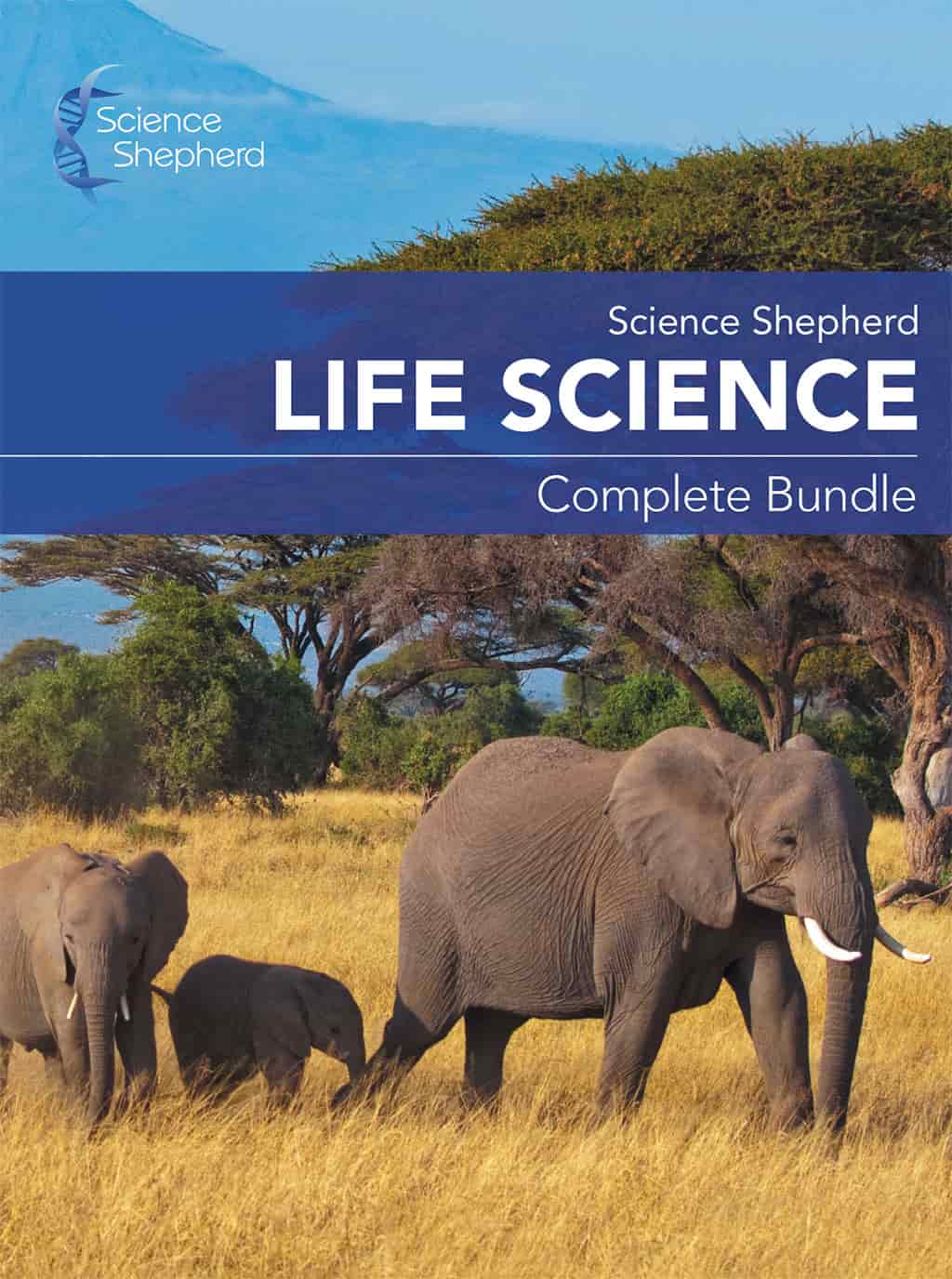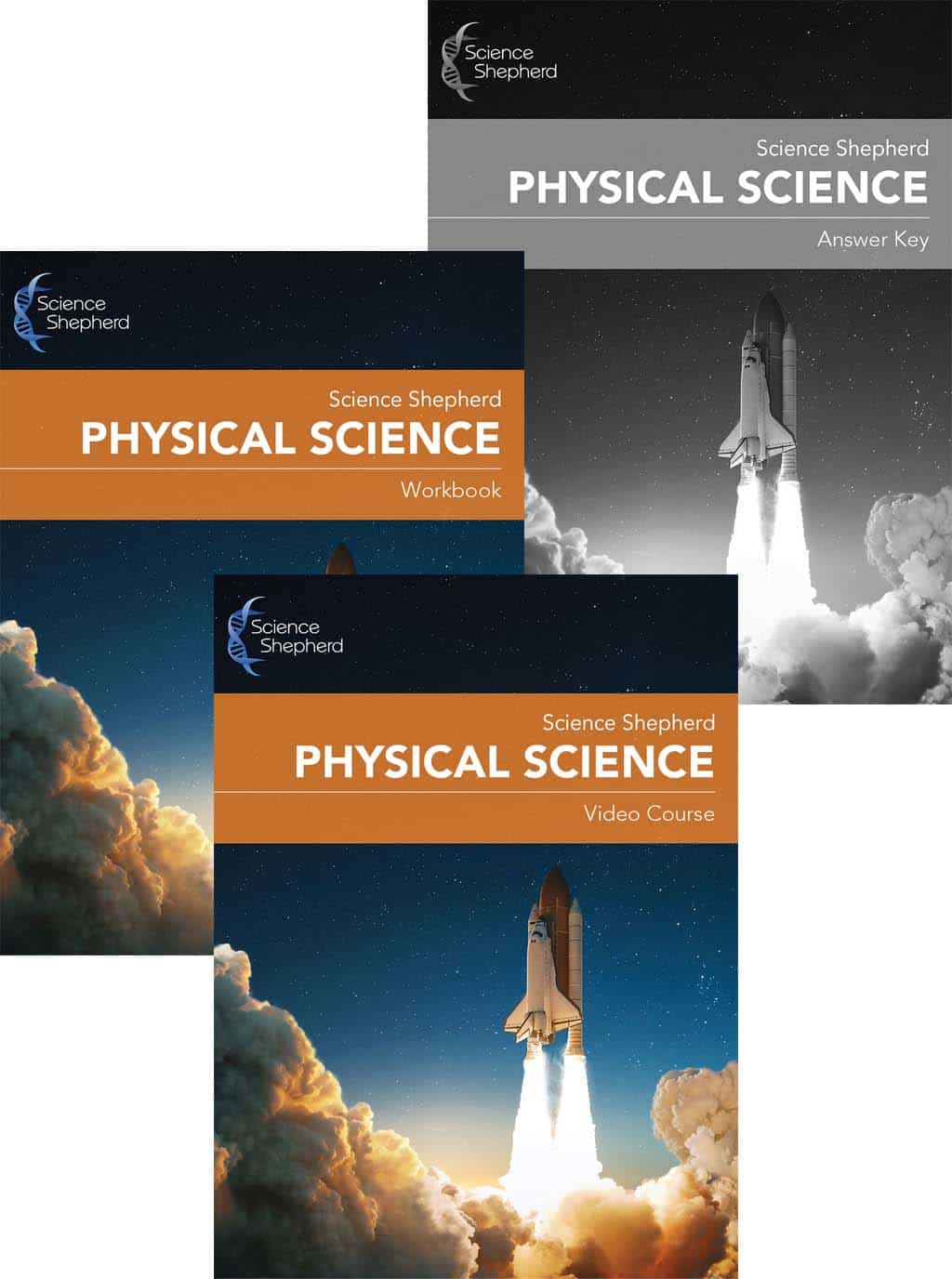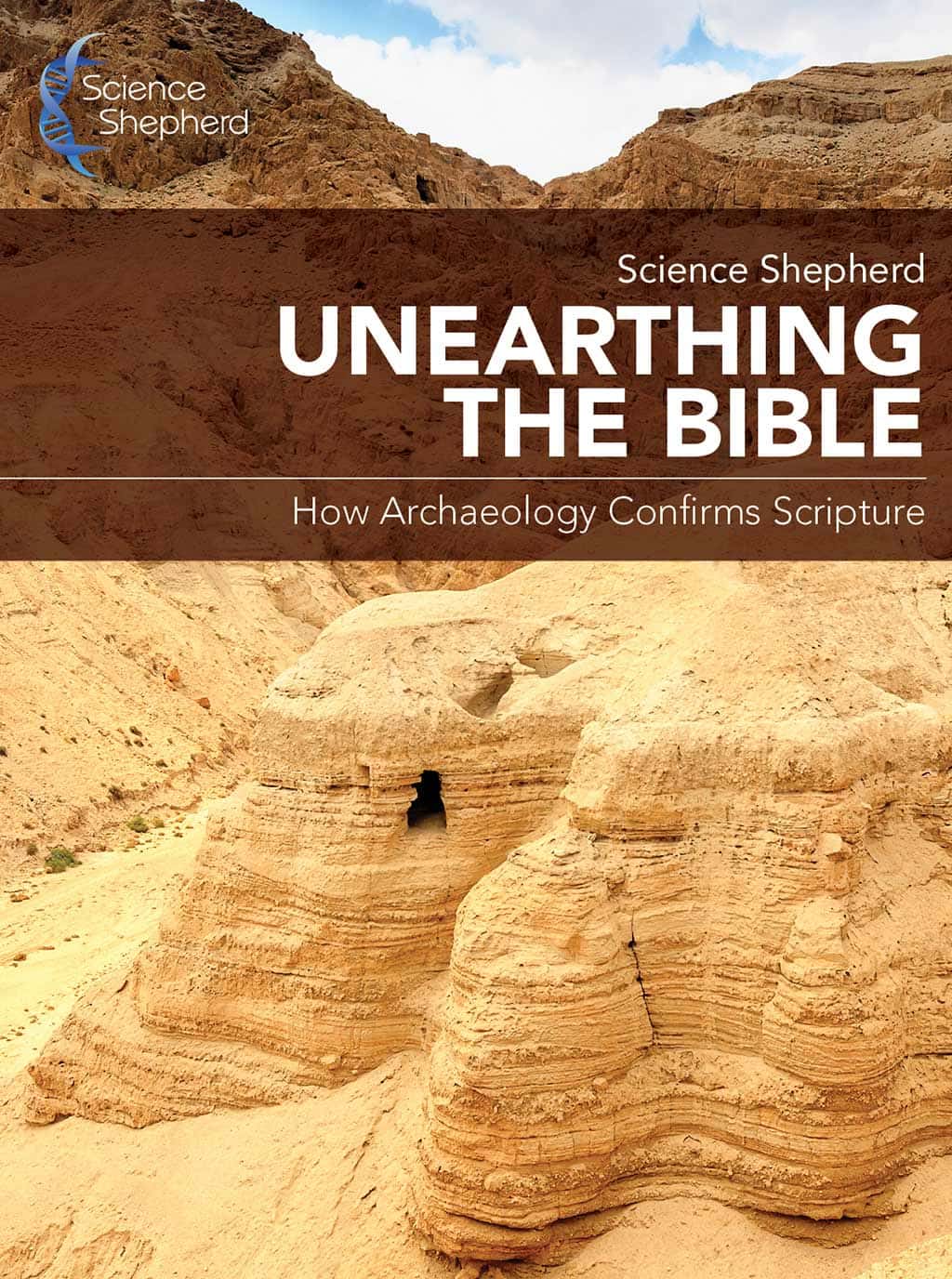An Interview with a Homeschool Dad and Doctor
by Bill Hardin December 03, 2020 8 min read

Serving the Lord in Science: An Interview with Dr. Steven Hammer
Steven Hammer, MD is the author of Understanding the Guatemalan Patient: A Glossary of Spanish Medical Terms and Folk Medicine and has been practicing medicine for about 36 years. Nine of those years were in Guatemala where Dr. Hammer served with his family as a missionary doctor. Currently, he works as an urgent care doctor in the US. Dr. Hammer and his wife Jodi also homeschooled their two daughters through high school. Come listen in while he shares about being a medical student, a missionary, an urgent care doctor and a homeschool dad and offers tips for homeschooled students interested in pursuing a medical career.
Kristen Hardin for Science Shepherd: Dr. Hammer, thank you so much for taking the time to talk with Science Shepherd today!
Dr. Hammer: Thank you for having me!
Science Shepherd: So you’ve done quite a few things different things in your life including being a missionary doctor and raising your two daughters that you homeschooled, and now you’re an urgent care doctor. How did you decide to pursue a science-related degree, and why medicine in particular?

Dr. Hammer: I think I’ve had a lifelong interest in science. I remember my mother reading science books to me when I was probably in first or second grade…. And I remember reading science books from the library, and I did well in science in school. I especially liked biology. I just like learning about the world and how things work in it. And then medicine came up after I became a believer during high school. Before that, I had wanted to do something more technical or more technically oriented but not so people oriented, and after becoming a believer I felt like God put it on my heart that I should do something that was more directly people oriented.
Science Shepherd: Very cool! Did you face any academic challenges in pre-med school or medical school? And how did you overcome those challenges?
Dr. Hammer: Well, I mentioned that I did well in science in high school, but math was a challenge for me, and that became even more of an issue in college when I was enrolled in the calculus classes…I started off both semesters really struggling with it but was able to pull it together with prayer and able to come through those classes ok. And the other thing was just dealing with some discouragement and probably fatigue and overwork during medical school and dealing with challenges getting enough sleep…That I just had to persevere through. I don’t think I really overcame it so much, but I just ended up persevering through it and being able to make it by God’s grace.
Science Shepherd: Thanks for sharing all that….What about challenges to your faith? What helped you keep your faith while you went through 8 years of schooling at a public university?
Dr. Hammer: Well, the climate in university when I was in school was somewhat different than it is now, but there obviously wasn’t any Biblical content or even a Biblical worldview expressed in my classes. I went through 4 semesters of biology that were rather intense and all oriented towards evolution as being the explanation for the complexity of life as we see it. Some people when challenged by the complexity of organisms and ecosystems feel that they lose their faith in a sense because there’s this alternative explanation, but I was never really satisfied with the purely naturalistic explanations for why we have so many different organisms, such complexity of organisms. Something didn’t add up for me. And also, studying in medical school the complexity of the human body left me thinking… I think it built my faith in a sense because I realized that this didn’t happen by random processes.
Things that helped: First, right away when I started college I got involved with a Christian campus fellowship called The Navigators and that provided me with really great, consistent Christian fellowship and also a discipleship program through my first six of the eight years. It gave me ministry opportunities, ministry skills and a lot of great friends. And I would say that that was a huge help. Plus, we had a biology professor who taught some of the classes who was a committed Christian, and he actually had a group called “The Christian Fellowship of Biology Students”, and that was also encouraging.
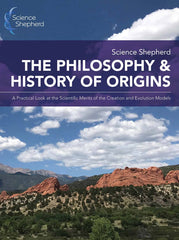
Learn More
Science Shepherd: That’s really neat! Wow! Do you have any advice for a homeschooler who wants to pursue a science-related degree as far as things they should study, activities they should pursue, etc.?
Dr. Hammer: For homeschoolers, I would encourage them to start early and avidly read about a wide range of science-related topics, and I think that will help to shape what they will end up being interested in. They should also consider at some point spending time with people who work in the field they might be interested in. Maybe they would be able to follow someone around for a day or at least interview them and find out more about what they do. I would encourage them to be solidly grounded in Christian apologetics so that they understand the weaknesses and errors of a naturalistic worldview which is pervasive in science. Otherwise, they may feel overwhelmed. They may encounter a professor who deliberately tries to undermine their faith. They need to understand why [Darwinian] evolution can’t possibly work and why the universe couldn’t just spring into being all by itself. They need an appreciation for the order found in the universe and how it reflects the character of God.
Science Shepherd: Good advice! Now let’s talk about being a missionary doctor. What did being a missionary doctor look like for you?
Dr. Hammer: Well, I started off during our first term in Guatemala working in a small mission hospital in the mountains of Guatemala. And I made rounds on the patients there along with the other doctors at the hospital, and I saw patients in clinic…I also worked at a clinic near the city dump in Guatemala City which served people who sorted through garbage for a living…My wife was with me and our daughters were born in Guatemala during that time…There were many opportunities and challenges, and I’m happy to have been able to help the people that we were able to help.
Science Shepherd: For someone interested in medical missions - either short or long term – do you have any recommendations?
Dr. Hammer: There are many organizations who have short-term trips for medical purposes to different areas of the world, and I would definitely look into that at some point. But I would also read books about medical missions, and I would try to get on the mailing lists for some medical missionaries so that you can get their prayer requests and read their updates.

Science Shepherd: Sounds good! Now you are back in the US and have been working in urgent care for quite a few years. Give us an idea of what being an urgent care doctor in the US is like.
Dr. Hammer: I’m trained to be a family doctor [specialty in Family Practice] and I’ve been working in urgent care, so the difference now compared to what I used to do is that I don’t have my regular panel of patients. I see whoever comes in… I may have seen that person before, but very often I’ve never met them before, so I don’t develop the continuity of care with people, but I do do a lot of diagnosis of acute illness which I enjoy doing. And I do have relationships with some people who have come to urgent care repeatedly over the years. I’ve been around long enough that I recognize a number of faces.
Science Shepherd: Nice! So schedule-wise, do you have pretty set hours?
Dr. Hammer: Yes. That’s another thing that’s different [than] doing general family practice is that I have fairly regular office hours and so I don’t spend time on call at night or on weekends I don’t have to go to the hospital in the middle of the night…That was good back when I did it, but I’m happy at this phase of my life to have just the daytime office hours.
Science Shepherd: So what is something you really enjoy about your job?
Dr. Hammer: Well, a couple of things. One I mentioned – I like being able to diagnose acute illness; I like to do the detective work of putting together the person’s symptoms along with what I find during their physical examination and any lab tests or x-rays that are needed, and putting that together to come up with the diagnosis and treatment plan…The other thing that I enjoy is when I have an opportunity to share some spiritual truth, a Bible verse or something encouraging that can help their soul as well.
Science Shepherd: Wonderful! So what is a challenging part of your job?
Dr. Hammer: Well, it tends to be busy. Oftentimes, especially if we’re in a season such as flu season where we see many, many sick people there can be long wait times, and trying to keep up can be a challenge.
Science Shepherd: Understandable. What would you say is a key characteristic or two for being a good urgent care doctor?
Dr. Hammer: I think being adaptable is one thing because on any one day you can’t really predict what sort of illnesses you’re going to deal with…And another is to have a broad breadth knowledge about different illnesses to be able to recognize unusual things when they pop up amidst all of the routine things that you see every day.
Science Shepherd: You homeschooled your twin daughters who are now grown up and married. Would you homeschool again if you could do it over again?
Dr. Hammer: Absolutely! No question about it! Homeschooling was a great experience [for my wife and me], and I think it was for our daughters also. My wife and I learned a lot as we were teaching them…I think it fit with the sort of family life that we wanted to have and also imparting the values that we wanted to be able to impart to our daughters.
Science Shepherd: Do you have any tips for homeschooling dads out there?
Dr. Hammer: Well, help out where you can and what you’re able to do. Obviously, my wife did most of the teaching, but I filled in in some areas like I did bedtime reading, which is a great memory that I have. I read at bedtime to the girls for a number of years, and I wouldn’t trade that for anything. Then there were other things like doing shop class and teaching them about motors and doing sports – playing basketball and attempting to teach tennis…And I did some science classes also.
Science Shepherd: Lots of good memories!
Dr. Hammer: Yes!
Science Shepherd: Thank you so much for taking the time to talk with Science Shepherd, Dr. Hammer. May the Lord bless you as your serve Him in science, particularly in medicine.
Dr. Hammer: Well, thank you very much. This has been a great opportunity.
Until next time!
Science Shepherd
This post is part of a series of interviews with Christians who are either preparing to work in science fields or who have been working in science fields. You can read our interview with a homeschool neuroscience student here.
Kristen Hardin is happily the wife of Bill, mother of a baby, a Spanish teacher for wonderful homeschool students via Gather4Spanish and an author with a children’s picture book called Miss Mary: A Tale of Old County Clare set for release later this year. She is also one of Dr. Hammer’s daughters who is all grown up and is glad she got to interview her dad. 😊
Sign-Up Today!
Subscribe for the latest news and receive 10% off and a FREE resource!
Recent Articles
10% Off Your Next Order
Subscribe to our newsletter and we'll send you a code for 10% off an order
plus a free download of 5 Scientific Ways Your Kids Can Defend Their Faith.


